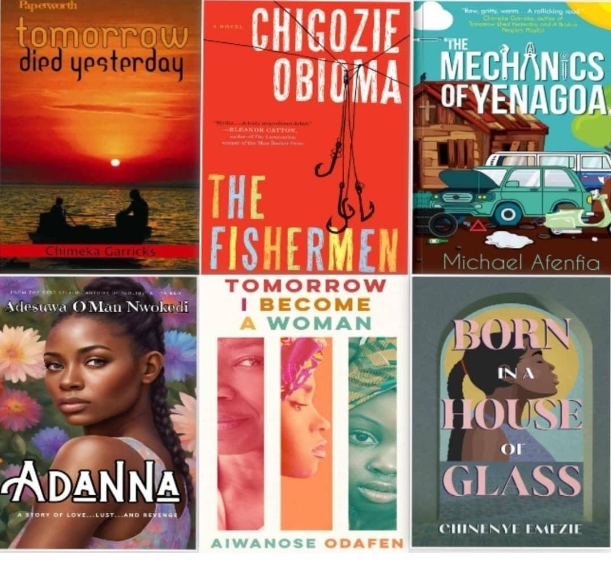African History: A Crown or a Cage?

By: Faizat Hamzat
When you look into average African historical documentaries, poems, literary texts or songs, it is always unsurprising that they have a touch of slavery and colonialism embedded in them, bringing one to always wonder if Africa has no history before slavery and colonialism.
Africa, as a continent, has refused to walk away from the past, it is still stuck, caged and chained with the dark past. Most African historical literatures ranging from Buchi Emecheta’s Second Class Citizen, Things fall Apart from Achebe, Madam Yoko from John Kolosa, The Grieved Lands of Africa from Aghostinho Neto and the likes of them all have evidence of the influence of slavery in them.
Using slavery and colonialism widely in African history has become almost a crown, discussed on social media platforms, forums and even through literature like interesting seasonal movies. It becomes what every history teacher is ready to narrate to his students, not in an optimistic manner but a pessimistic one at that. But has Africa forgotten that almost every civilization has contact with slavery during the course of time in history?Yes,every civilization has both the positive and negative side of their history, but Africa put much more effort in giving the audience the negative part rather than the positive side.
Is Egyptian science, mathematics and traditions, Nok culture, Timbuktu as a center of learning, our oral traditions,our warriors and heroes not worthy as our history? Egypt has been known for a long time to be the face of Africa in terms of rich culture and history in mathematics and science, including Art. Most non- African scholars of the past centuries, from Pythagoras, Plato, Thales, to Hippocrates had some kind of contact with Egypt for the purpose of education. Timbuktu, Mali is ever known as the centre of learning and educating in African and one of the first and best universities.Nok iron craft illustrate that African people were in the path towards civilization even without the intervention of the Western world. This is more worthy as an history.
Our heroes and heroines from Moremi of Ife, Efunromi Tinubu of Egba,Shaka Zulu of Zulu kingdom, Amina of Zauzau, Mansa Kanka Musa of Mali,Sundiata Keita of Mali and the likes are worthy of giving an international audience.Africa is rich,in culture, language and traditions. Our folklores, proverbs, traditional songs are more worthy. The so-called African Philosophy is wrap around slavery, colonialism and imperialism. One would wonder if African Philosophy would even exist or be formalised in our institutions if there were nothing like colonialism, imperialism or slavery will? Or will it just be considered informal just like African languages are now considered in our society.
Note that we are not being informed to erase our old troubling memories, but encouraged to give more audience and attention to the positive side of history more. Dwelling in the past have given no positive practicable result. Africa should never allow the past to overshadow the present and the future.
The past heroes and heroines should be given a voice, their methods of governance,economy and social arrangement should be studied and practicalised into the needs of African people today. While the wounds of slavery and colonialism are only discussed, it should rather be toward healing. African leaders and scholars should find means to unite the prestigious people of Africa. Pan-Africanism and Afrofuturism should also be encouraged in our society.
Whether African history becomes a cage that keeps us stuck in past wounds or a crown that empowers our future, it depends on how we choose to tell it.
image source : Victoria Falls Guide









Educational, it’s great to see someone actually notices fr, especially the LANGUAGE part
In African schools speaking your language is seen as wrong and called vulgar or barbaric, aren’t we supposed to enrich the future generation on this topics.
I rest my case